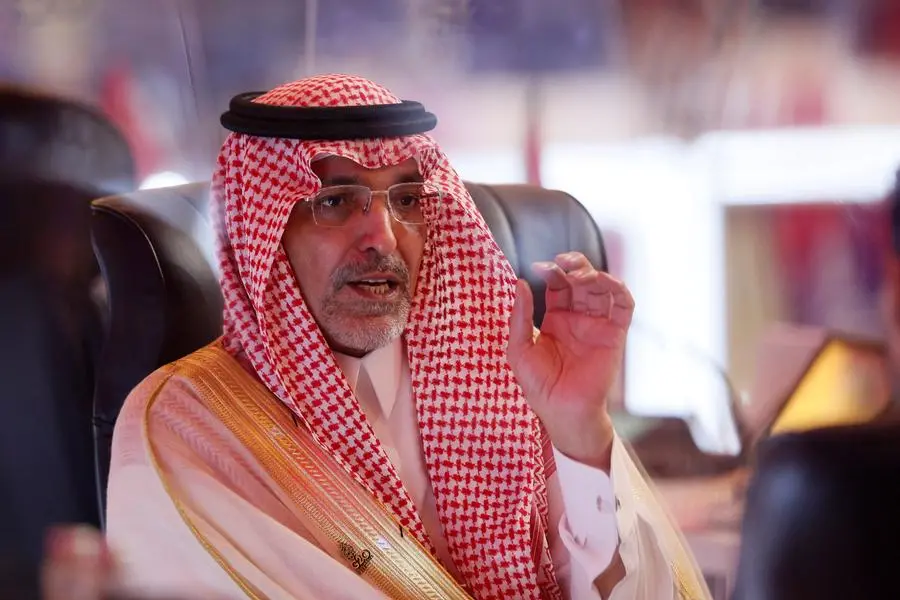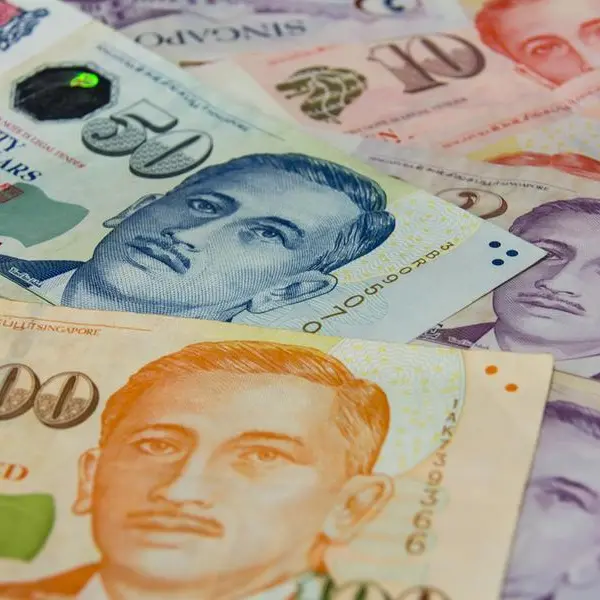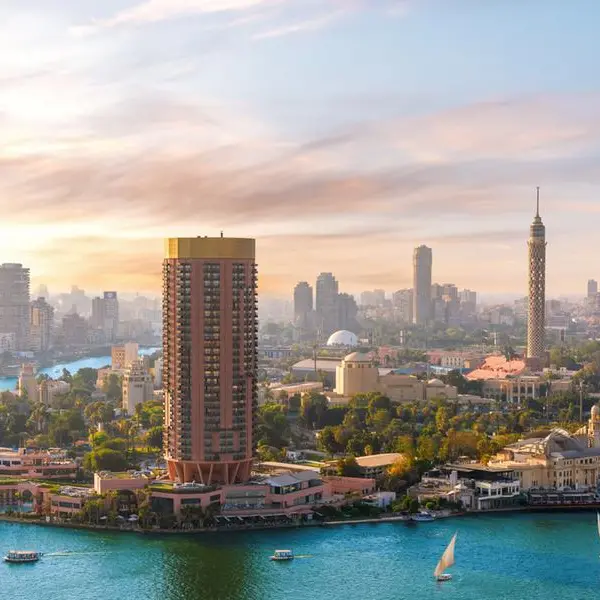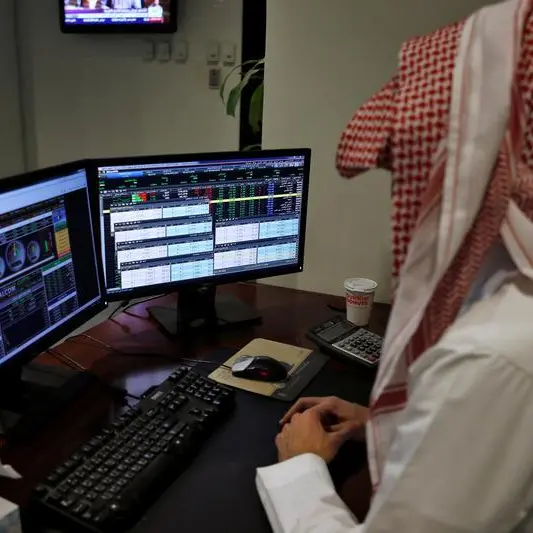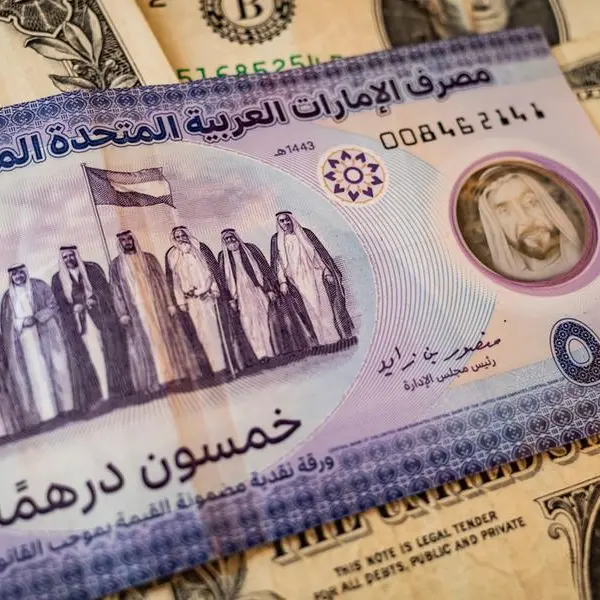PHOTO
RIYADH — Saudi Finance Minister Mohammed Al-Jadaan said that Saudi Arabia is moving towards economic diversification as it is now in the middle of achieving the goals of the Vision 2030.
Addressing the first dialogue session of the Budget 2024 Forum, titled “Sustainable Finance” in Riyadh on Thursday, he said that when “Vision 2030” was launched, there was a set of sectoral and regional strategies. “These strategies include a large number of projects and the Kingdom has been conducting a comprehensive review of all these strategies over the last two years,” he said.
The Minister of Finance said that there is no need to worry about the budget deficit because it is coming according to the plan. The expected revenues have been achieved, and spending has increased to improve the level of services, as well as to increase the productivity of the economy, and encourage investments from the private sector.
He underlined the need for the optimum utilization of the limited revenues and resources so as to achieve the greatest economic return. “The Saudi government was able to eliminate the gap between requests for financing Vision 2030 projects and the revenues needed to finance those projects by extending the implementation deadlines for some projects and giving others priority in implementation. Work is being done to define the priorities more precisely, which will be based on the 2030 Vision principles so that the country can finance and implement them,” he said.
Al-Jadaan explained that extension in the implementation of some projects would serve the economy. “This is in view of the fact that implementing all projects and strategies in a short time causes significant inflation and increases in prices as the economy is not in a position to provide all the materials that projects needed and therefore we have to resort to import,” he pointed out.
Al-Jadaan said that the economy needs some time to build and provide the materials needed by projects, build the factories and facilities necessary for production, and even provide the required manpower. “There is a committee to study and forecast oil revenues until 2030, while looking into non-oil revenues and the so-called tax revenues, their size, and the optimal level of non-oil domestic product as the focus in 2030 is on diversifying the economy and non-oil domestic product. The percentage ranges between 18 to 21 percent of non-oil domestic products,” he said, stressing that it should not be exceeded, otherwise it will be a burden on the economy.
The minister emphasized that this was calculated and compared with the country’s needs, which showed a gap on the demand side, in addition to what the country needs to deal with external economic shocks, especially since the Saudi economy is part of the global economy, such as the shocks represented by COVID-19, the wars in Ukraine and Russia, supply chain disruptions, and high interest rates. Therefore, there must be sufficient financial space to confront these shocks, and an emphasis on the financial reserves of the Saudi Central Bank. “We need reserves that cannot be touched or used to finance projects,” he said.
Al-Jadaan pointed out that the result showed that there was a gap between requests and revenues, and therefore this situation was dealt with in two ways. The first was to study those requests and the available options by reducing or extending them, and the second was public debt. He said that the country’s needs for local and international loans are being studied, so that the debt ceiling is not exceeded compared to the gross domestic product.
Addressing the Budget Forum, Minister of Economy Faisal Al-Ibrahim said that Vision 2030 was able to provide a fertile environment for economic diversification, building national capabilities and raising the efficiency of government institutions, in addition to improving the trade balance.
The contribution of non-oil revenues to covering costs jumped from 19 percent to 35 percent, which is due to the basic growth of the non-oil economy, he said while noting that unemployment rates continue to decline systematically.
Al-Ibrahim stressed that Saudi Arabia is leading the global energy transition file with regard to climate change, as the Kingdom is working on this in a systematic, logical and practical manner. “Riyadh’s victory in winning the candidacy for Expo 2030 reflects the Kingdom’s bilateral and international institutional capabilities,” he added.
© Copyright 2022 The Saudi Gazette. All Rights Reserved. Provided by SyndiGate Media Inc. (Syndigate.info).
